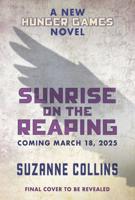Publisher's Synopsis
The last book to be published while Gibran was still in this world, came into the poet's hands two weeks before he was to lay aside all earthly volumes. He had a peculiar feeling of tenderness for this book, unlike what he felt for any of the others. 'Because, ' he said, 'it was written out of the poet's hell-a process of childbirth and child-bearing'. It is, in my opinion, one of the greatest poems in the language. The Earth Gods is, perhaps, a book for the mystic, a poet's book for poets, for the initiate and the dreamer of vast dreams. Yet I have known those who pride themselves on being highly practical and feet-on-the-ground, who disown any bent toward the mystical and the occult, to pronounce it a book of wonder and power. And as a child of seven to whom I read portions of the poem on request, says unvaryingly, 'Read it again!' This, perhaps, for the music and the almost unearthly beauty of rhythm. Khalil Gibran was a Lebanese artist, poet, and writer. After immigrating with his family to the United States as a young man, he studied art and began his literary career, writing in both English and Arabic. His romantic style was at the heart of a renaissance in modern Arabic literature, especially prose poetry, breaking away from the classical school. In Lebanon, he is still celebrated as a literary hero. He is chiefly known in the English-speaking world for The Prophet, an early example of inspirational fiction including a series of philosophical essays written in poetic English prose





















